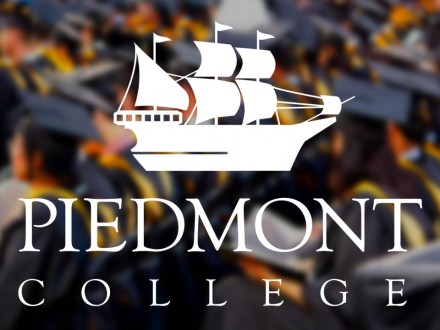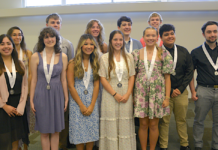
Piedmont College in Demorest will become the first school in the state offering a four-year Bachelor of Science program in cardiovascular technology (CVT).
“CVT is one of the fastest growing fields in health care,” says Dr. Linda Scott, Dean of Piedmont’s School of Nursing & Health Sciences. “The need for cardiovascular technologists is expected to grow by almost 40% in the next decade alone. This joint program will give our graduates a definite advantage as they enter this exciting career field.”
Cardiovascular technologists typically work with cardiac physicians to perform either non-invasive tests, such as electrocardiograms and sonograms, or invasive tests, such as cardiac catheterization. Scott says the Piedmont program will focus at first on non-invasive tests. For students who already have a Bachelor of Science in Nursing degree or a Bachelor of Science degree in a related field, the Piedmont program will offer a separate track for earning a certificate in CVT.
Faculty for the program will come from the technologists and cardiologists at the Cardiovascular Technology Institute in Gainesville and The Heart Center at Northeast Georgia Medical Center.
Piedmont President James F. Mellichamp says he is looking forward to working with staff from The Heart Center. “The Northeast Georgia Medical Center was recently named the number one hospital in Georgia in five different areas, including cardiac and vascular surgery; and it is number two in the nation for overall care,” he says. “That demonstrates to me the type of quality programs we will be able to provide by working together.
Paul Braum, who will be director of the cardiovascular technology program, is one of the leading CVT instructors in the country and has extensive experience both in the field and in training technologists.”
The medical director for the new program will be Dr. Prad E. Tummala. He is also medical director of the Cardiac Care Unit at Northeast Georgia Medical Center.
Scott says the Piedmont program is the first in the state to offer a four-year Bachelor of Science degree in cardiovascular technology. “There are only 10 universities nationwide with similar bachelor’s programs, but it is the direction in which the field is moving,” she explains. “Cardiovascular technologists are called on to perform increasingly complex tests and therapeutic procedures, to the point that a bachelor’s degree will soon be a necessity.”
Scott says the new program is accepting students for the fall semester and is available at both the Demorest and Athens Piedmont campuses.






